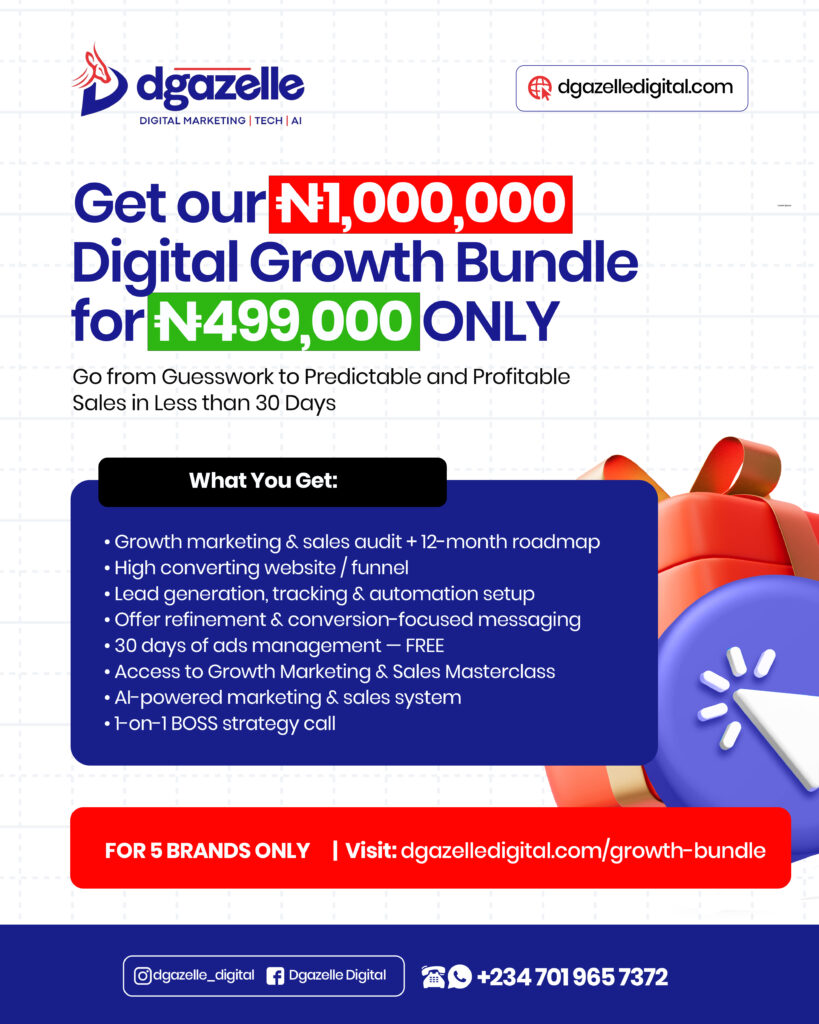Since running a business may be a hectic and time-consuming activity in and of itself, many entrepreneurs may overlook the fact that their website is one of the most important components of their company.
Once the website is up and running, it usually ends up at the very bottom of every business’s to-do list, despite the initial effort put into making it appropriate for the brand and appealing for people to interact with. Since at least 75% of consumers acknowledge that they rely their opinion of a company’s trustworthiness on the appearance of its website, research on consumer attitudes demonstrates the need of updating your website on a frequent basis.
Regular website upgrades are among the most frequently asked questions at a marketing firm. Many business owners are hesitant to invest in updating their website’s technology and appearance since they might not immediately notice an increase in sales or revenue.
Computer processing doubles every 18 months. This indicates that technology is developing at an alarming rate, and since sectors have extremely saturated marketplaces, it is crucial that your company makes every effort to stay up to date with the most recent advancements. While it’s crucial to make sure your brand and goods or services are accomplishing this, it’s as necessary to update your website frequently to demonstrate to both present and potential clients that your company is forward-thinking and creative.
How do I know if my website needs updating?
Realigning your website with your business aims and values is the most common reason for updating or redesigning it. This is typically accomplished by making minor adjustments to make sure your present website better serves your clients and your company’s mission and values.
This is by no means the sole justification for updating your website; consider the following queries and see whether any of them relate to your company’s present state:
- Are you repositioning your business? (rebranding/modernizing)
- Did you start with an MVP and now your business has grown and evolved?
- Is your website poorly structured?
- Does your website builder have limited functionality?
- Is your website not converting as expected?
- Are you using the latest technology to build your website?
If you answered yes to any of these questions then we’d say it’s pretty clear that you need an updated website!
Do I need a refresh or redesign?
A website update doesn’t have to involve completely revamping your site; it may be as easy as refreshing it with a few short updates and organizing it to make it easier to use.
Without having to alter the general structure, you may update your website by making little adjustments that affect its visual appeal, such changing the fonts, upgrading your graphics, or frequently updating your content.
It’s crucial to keep in mind that every website is a dynamic work in progress that will require multiple iterations to appropriately represent your business. As a result, you might be able to update your website multiple times over the course of a few years before looking to redesign it entirely at some point.
When should i update my website
A website redesign will take more time to finish and is a little more involved than a refresh. When redesigning a website, it’s common to make a total structural change or even move to a different platform, like Webflow from WordPress.
Rebranding is another important reason to think about redesigning and building a new website. If your business has a new visual identity, it should be appropriately mirrored on all digital platforms, including your website.
There is no one-size-fits-all solution when it comes to the question of whether and how frequently to renew your website. The frequency of website renewals and regular updates will vary depending on a number of factors, including the size of your business, the number of changes you make to your offerings, and technology advancements that could help your firm.
When any of the following issues arise frequently when loading the website, that’s the best indicator that it’s time to update it:
- Slow load times
- Difficulty reading content
- Hard to navigate
- Not mobile friendly
- There is a high bounce rate
- It is no longer aesthetically pleasing or engaging
Our knowledgeable staff of designers and marketers at Dgazelle can assist you in determining whether and when your website needs to be updated. Our knowledgeable staff will collaborate with you to comprehend your company’s objectives so that we can provide adjustments that we believe will be essential and advantageous to your enterprise, incorporating the newest technological advancements and market trends.
What to consider when updating your website
Every business should be considering the following 6 things to decide if their website is due an upgrade:
When last did you update your website
“Has your website been updated in the last 5 years?” should be the first question your business asks itself. If the answer is no, you should think about redesigning your website instead of just making minor updates because it’s possible that your website isn’t giving both present and potential customers a user-friendly experience.
We would advise updating or completely revamping your website every two to five years on average to keep it current and competitive. In the coming years, websites may require periodic refreshes and a complete redesign to remain current, given the rapid advancements in technology over the past ten years.
Can you update your website in-house?
Ensure that when you use an agency or company to build your website, you request access to the website to be able to make regular updates and changes to the content yourself. Having the ability to make your own website updates via a CMS is vital for important and timely announcements that your internal team can handle.
If having access to the website yourself isn’t possible, you must make sure that the website developers you use to build the website are efficient and available to answer your questions promptly.
Is your website mobile friendly?
4.3 billion people use mobile devices to access the internet, therefore having a mobile-friendly website is crucial. It is imperative that you have a mobile website that is fully responsive, easy to use, and has easily navigable buttons and readable, clear content.
To be sure your customers can use your website without any problems, consider viewing it on your own mobile device before launching it. When testing the website, it’s important to check if users can simply navigate from page to page, discover the homepage, and see the contact page. If any of these flag up as an issue then you will need to make the relevant changes to ensure your website is 100% mobile user friendly.
Does your website accurately reflect your brand’s services/products?
It’s normal for brands to change over time and for their goods or services to change as well. As your business does, it’s critical that your website continues to reflect your values and offerings. Make sure to update your website frequently with any new offerings, no matter how minor, to give potential buyers an accurate picture of your goods and services!
Knowing that you are not the only business a potential consumer is considering when they land on your website is crucial since during their initial impressions of it, they will determine whether or not you can provide them with what they are searching for. You risk losing out on potential clients if you don’t update your website with your most recent offerings.
Are your staff pages and photos up-to-date?
Staff bios and headshots may seem like small and insignificant areas of the business but they are often the areas that are out of date the most. To provide an effective service to your consumers it is important that they know who they are talking to and who they can contact if they have any queries.
We would recommend that you regularly review and update your staff bio pages and headshots every year to keep the connection between business and customer strong. New photos will also help to add to the fresh feel of your website, but you must ensure that they work well with the rest of the imagery on the website.
Lastly What is the Google ranking of your website?
Strong SEO is a continuous battle that takes a lot of work and constant observation; it’s not as simple as it may seem. Your SEO is more likely to remain strong the more frequently you keep an eye on your rankings and competition and alter your website accordingly.
When rating your website, Google considers relevance and authority. It bases its ranking on the data it collects from SEO searches and its algorithm. It is Google’s responsibility to deliver the best and most pertinent results to the user on the first page of their search.
The algorithm will favor websites that are updated often, so even if your website was made five years ago and the material is still reasonably relevant, it is unlikely to rank well.
As search engines work to produce more accurate and better results, algorithms are always changing, which is frustrating for marketers and businesses. For this reason, it’s critical to regularly monitor your competitors’ websites to make sure yours has the best chance of ranking well.
Working with Dgazelle Digital can unlock transformative results for your business. Our expertise allows you to focus on what matters most while we handle your digital marketing needs with precision and innovation. Embrace the benefits of a trusted partnership that delivers impactful growth and engagement.








